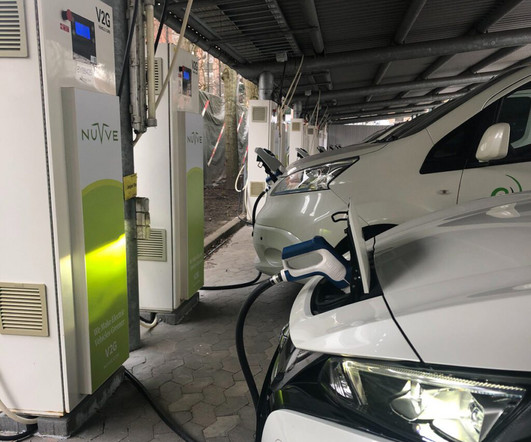PG&E and Ford collaborate on bidirectional electric vehicle charging technology in customers’ homes
Green Car Congress
MARCH 11, 2022
Through this early adopter opportunity, PG&E will explore how Ford’s Intelligent Backup Power technology interconnects to the electric grid, which is necessary for the truck’s battery to power the home, and how it can support customer resiliency during grid outages. —PG&E Corporation CEO Patti Poppe.












Let's personalize your content